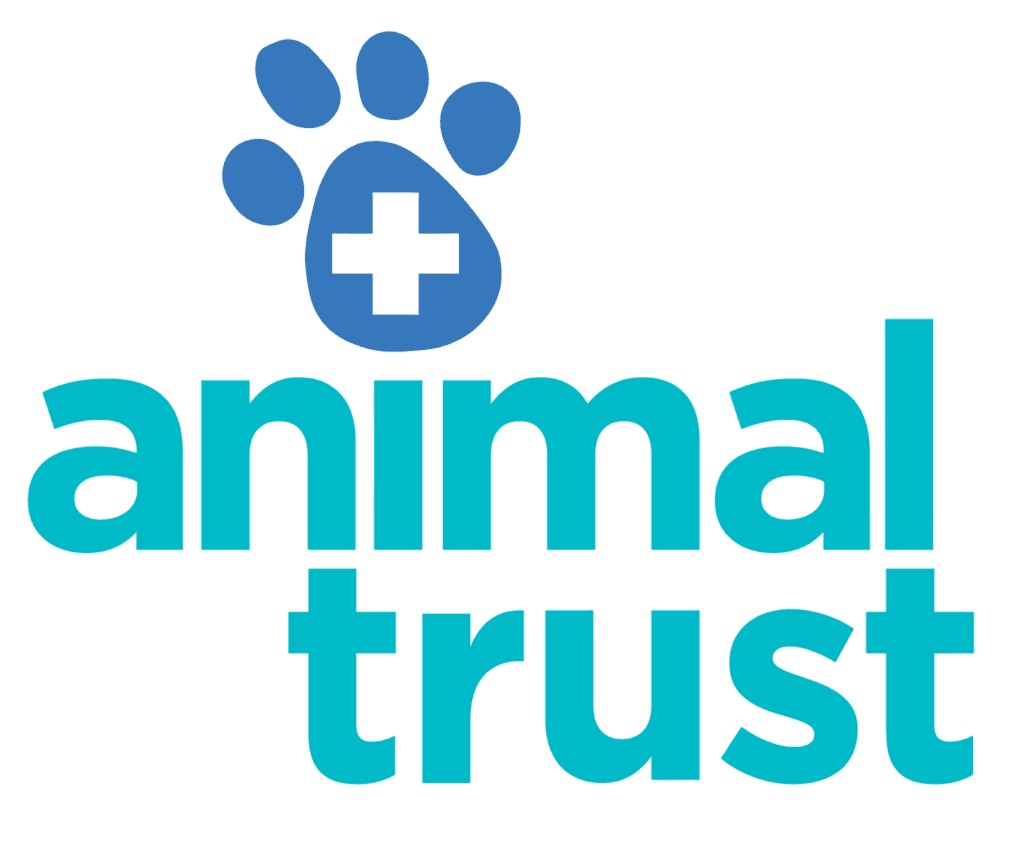
What is Canine Parvovirus
Parvovirus (CPV) is a highly contagious virus that affects dogs, attacking rapidly growing cells in their intestines and bone marrow. This damage causes severe vomiting and diarrhea, leading to dangerous fluid loss and potential infections due to a weakened gut. Additionally, the virus destroys white blood cells, making it hard for the dog's body to fight off the infection, which can lead to septic shock and multiple organ damage. Without treatment, these complications can be fatal.
Dogs can contract Parvovirus from contaminated vomit and faeces. The virus is very resilient, surviving for months to even a year in the environment, making it widespread and easy to encounter outdoors.
Written by Dr. Mariella Roberts, Veterinary Surgeon, Animal Trust Vets CIC | Published January 2025 | Review date January 2027 | This advice is for UK pets only and is not a replacement for seeing a vet

Symptoms of Canine Parvovirus
Symptoms of Parvovirus can be similar to other digestive diseases, making it hard to diagnose based on symptoms alone. Common signs include fatigue, loss of appetite, vomiting, and sometimes bloody diarrhea. When examined by a vet, dogs with Parvovirus often have pale gums, a fever or very low temperature and tummy pain.
When to contact your vet
As soon as the pet is showing symptoms even if they are mild.
Diagnosis of Canine Parvovirus
The most common way to diagnose Parvovirus is with a Parvovirus antigen test kit. This test detects the virus in a dog's faeces and is both quick and affordable. However, sometimes the test can give false negative results. In such cases, further tests can be run by external labs.
Treatment of Canine Parvovirus
The best treatment for Parvovirus involves hospitalisation and a fluid drip.
Additional supportive care includes:
Anti-nausea medication to reduce vomiting, which helps prevent fluid loss and encourages feeding.
Antibiotics treat bacterial infections that can enter through the weakened gut and persist due to a compromised immune system.
Nutritional support sometimes using a feeding tube inserted through the nose into the stomach, providing essential nutrients for gut healing.
Painkillers relieve abdominal discomfort.
Antiparasitic medication as soon as the dog can tolerate it, as intestinal parasites are common in puppies with CPV.
Isolation and cleaning to prevent spreading the virus to other pets. Owners should thoroughly clean their homes to eliminate the virus.
Warmth to improve poor blood circulation and keep them comfortable.
Prevention of Canine Parvovirus
Vaccinations are extremely effective. Vaccines start when they are a puppy and continue throughout their life every year.
Outlook
Parvovirus is a serious and potentially fatal disease. However, dogs that are fully vaccinated and older than six months have a much better chance of recovery, as they tend to have milder symptoms. To maintain immunity, it is still essential to follow early vaccination schedules.
